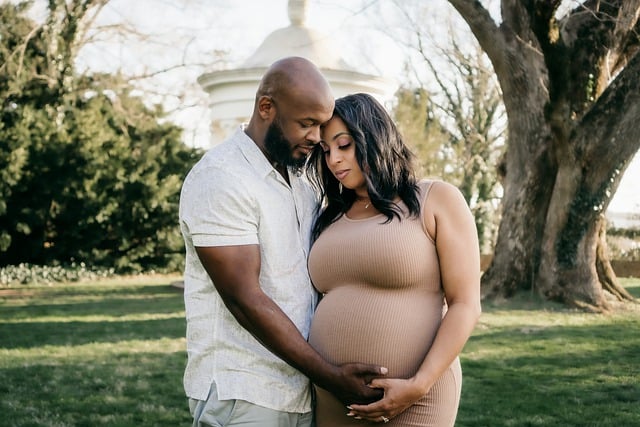Hey there! If you’re navigating the ups and downs of IVF, you might have heard of the term “diminished ovarian reserve” or DOR. It’s a common hurdle that some women face, often surfacing as we age, but sometimes even earlier for others. When someone has DOR, they might notice higher levels of Follicle Stimulating Hormone (FSH), lower levels of Anti-Mullerian Hormone (AMH), or fewer small ovarian follicles. It’s not unusual for these women to need larger doses of injectable fertility meds to see a decent response during IVF, aiming for, say, four or more mature follicles.
Since the dawn of IVF, doctors have been keen to find ways to enhance the response for those who don’t seem to respond well to stimulation. This has led to the exploration of several supplements that might help, including DHEA (dehydroepiandrosterone), testosterone, Co-enzyme Q10 (CoQ10), and human growth hormone (hGH). If you’ve had a history of DOR or poor embryo quality, you might have come across these recommendations. Let’s break them down!
DHEA and Testosterone
DHEA and testosterone are both androgens—DHEA being a weaker form while testosterone is more potent. Women produce DHEA in their adrenal glands, which then gets converted into testosterone in various tissues. Interestingly, women with polycystic ovarian syndrome (PCOS) tend to have high androgen levels, loads of follicles, and good responses to fertility treatments. Some studies have even looked into using transdermal testosterone patches before stimulating the ovaries. While initial findings were promising, later research hasn’t consistently supported these results. It seems challenging to get enough testosterone into the ovaries through patches or gels, especially when compared to the higher doses used in hormone therapy for female-to-male transsexual patients.
CoQ10
Then there’s CoQ10, a vital antioxidant found in the mitochondria, the energy powerhouses of our cells. Research shows that CoQ10 levels start to dwindle in egg cells after age 30. Studies on mice have suggested that supplementing with CoQ10 can lead to better egg health and larger litter sizes. Limited studies on women have indicated that higher levels of CoQ10 in follicular fluid correlate with better egg quality. One recent study found that women taking 600 mg daily had a lower percentage of abnormal embryos compared to those on a placebo. While more research is needed, it seems like adding CoQ10 could be beneficial without any downside.
Human Growth Hormone
Human Growth Hormone is a regulated injectable medication primarily known for its role in growth during childhood. Some studies suggest it may improve egg quality in IVF patients, particularly those over 40, but it’s typically not associated with an increase in egg quantity.
Conclusion
In conclusion, while these supplements may or may not boost egg numbers or quality for poorly responding IVF patients, they are worth discussing with your healthcare provider to see if any could be a good fit for your journey. For more insights on home insemination and related topics, check out this blog post on conceiving on the first try. And if you’re looking at more practical tools, BabyMaker offers an excellent home insemination kit to help you on your way.
Summary
Navigating IVF with diminished ovarian reserve can be challenging, but supplements like DHEA, testosterone, CoQ10, and human growth hormone may offer some hope for improving responses. Always consult with your healthcare provider to explore the best options for your situation.

